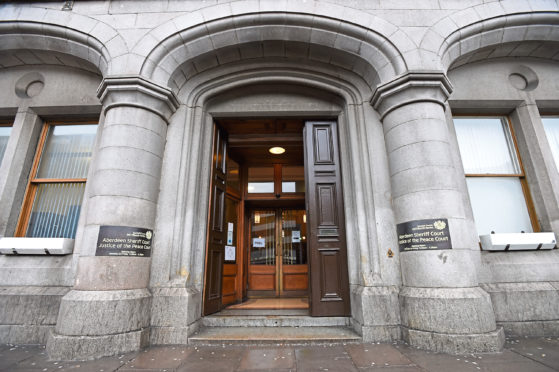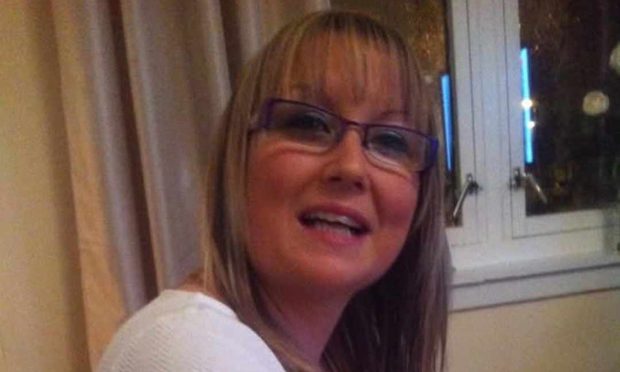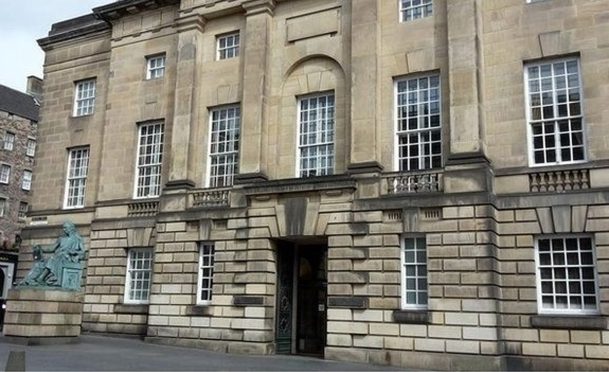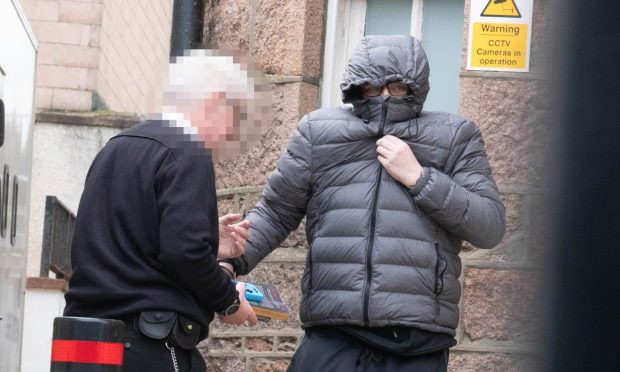Prosecutors have decided not to appeal a sheriff’s decision to let off three violent Aberdeen University students who put two clubbers in hospital, the Press and Journal can reveal.
Mohammad Hassan, 22, Luke Dragic, 21, and Paul Elliott, 21, all avoided punishment despite admitting the vicious street assault outside ATIK nightclub on January 18 2020.
Sheriff Edward Gilroy believed giving the trio criminal records would have a “disproportionate impact” on their future careers.
Instead, he handed all three absolute discharges – meaning their convictions were not recorded and they didn’t receive any penalties.
All three students celebrated upon hearing the verdict, with law student Hassan bounding out of the court building, punching the air.
However, after “full and careful consideration” the Crown Office and Procurator Fiscal Service (COPFS) have concluded that “there should be no appeal”.
A spokesman for COPFS said: “In all cases, the Crown will consider whether a sentence is appropriate and, where relevant, appeal against those considered to meet the criteria of undue leniency.
“Following full and careful consideration of all of the facts and circumstances in this case the Procurator Fiscal concluded that there should be no appeal.”
The Appeal Court places high expectations on the Crown when it challenges the outcome of court cases.
For it to successfully overturn an absolute discharge, it would have to prove that the disposal was unduly lenient.
It would mean that it wasn’t within the range of options which the sheriff could reasonably have chosen to impose after considering all the relevant factors in the case.
‘Bitter blow for victims’
Reacting to the decision not to appeal the sheriff’s decision, Scottish Conservative Shadow Cabinet Secretary for Justice Jamie Greene MSP said: “This is another bitter blow for the victims of this serious assault.
“Given two of the victims were put in hospital, it was totally wrong that the perpetrators of this crime were allowed to walk away unpunished.
“Once again the priorities of criminals have been put ahead of victims when considering any potential punishment in relation to these crimes.”
According to the Scottish Sentencing Council, an absolute discharge is only given in “exceptional circumstances”.
Asked under what conditions the disposal could be used, the Scottish Sentencing Council listed the reasons as being “that in the view of the court the crime was very minor, the offender was previously of good character, or the offender is very young or old”.
Hassan, of Tailor Place, Aberdeen, planned to move to London to sit his lawyers’ exam and a criminal conviction would prevent him from practising law, the court was told.
Sentences must be fair and proportionate
The Scottish Sentencing Council has developed three guidelines for all sentences in Scotland.
They state that sentences must be fair and proportionate, taking into account the seriousness of the offence, the impact on the victim, and the circumstances of the offender.
Guidelines also require the Sheriff to consider the level of harm caused to any victim, and take into account a guilty plea, if the accused offers one.
And in cases concerning offenders under the age of 25, consideration must be given to research into how young people develop physically and psychologically.
Issues including the maturity of the young person and the opportunity for their rehabilitation are factors weighed up in deciding a sentence.
Other factors that must be considered are issues including addictions, physical and mental health, trauma, and adverse childhood experiences.
For all the latest court cases in Aberdeen and the latest crime and breaking incidents, join our new Facebook group.













